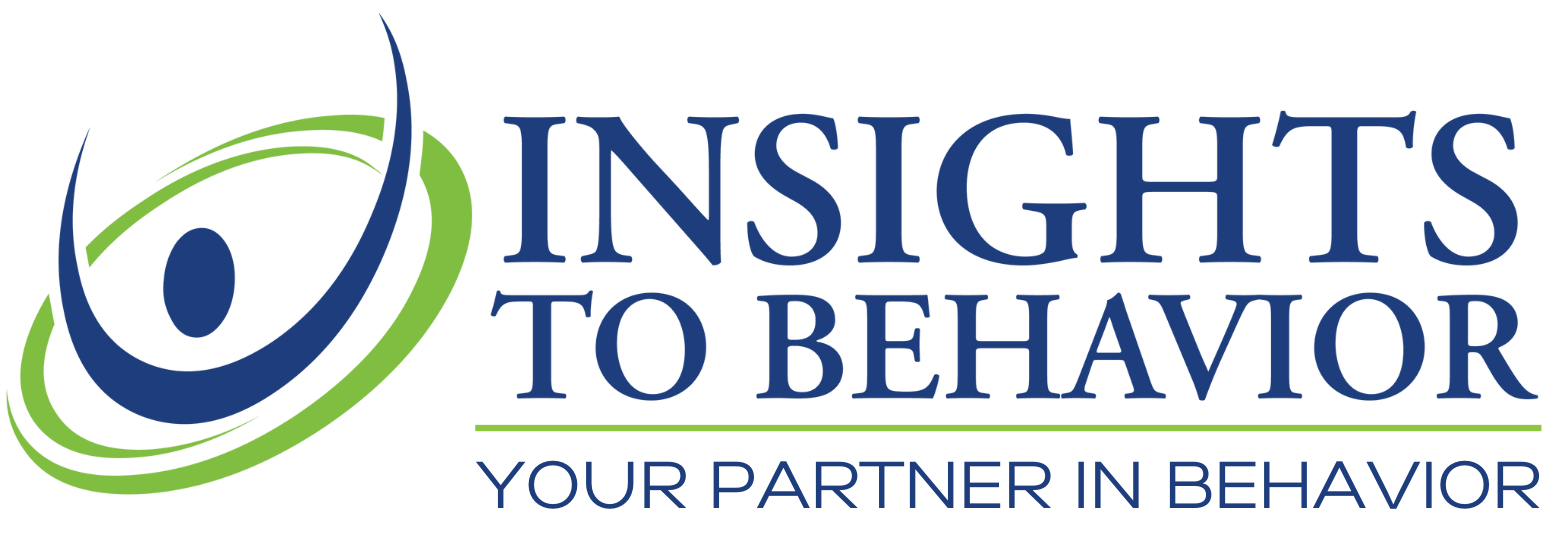Become a Guest Author
Want to be a guest author? Write for us! Insights to Behavior is looking to feature guest submissions. Accepted submissions will be featured on our website, Facebook, and a monthly newsletter that is read by thousands. Together, we can create a community-driven blog that encourages upcoming bloggers and field experts to contribute an original article to showcase themselves in front of a wide audience.
We want to add value to our visitors and community members. We accept content based on the benefit to the readers, not a predicted increase in traffic. Just like any good librarian, the content published on our blog needs to be easy to catalog so that people can find it. The content you submit to us must be well-written and accurate. The purpose of our blog is to teach and talk about skills that help our audience improve classroom management, teaching methods, and managing student behavior.
To submit your work, we will accept ideas, outlines, and fully written articles. If you are unsure of your content’s relevance to our blog, we recommend that you submit your idea or outline first so that we can work together to feature your insights.
- The content must be solely focused on quality and adding value for readers.
- Content must be related to K12 behavior management or special education.
- Minimum of 1,000 words. If you believe the content is going to be 2,500 words or more, we recommend that you submit an outline to us first. This is meant to be a blog post—not a research paper.
- Upon publication, you give us copyright ownership of the post. You may republish the content to your own site after 6 months.
- If you have a relationship with a company or person mentioned in your post, you must disclose it to us. We may add a disclaimer at the end of the article to disclose this information.
- Submit a bio with a color headshot. You may promote your personal blog or company website with a link as well as your social profiles—we would prefer three or fewer links total in your bio.
- Originality – this also means no self-plagiarism. Do not borrow sentences from your prior published content.
- Disclosure – if you have a relationship with a company or person mentioned in your post, you must disclose it to us.
- Images – high-quality images that enhance the material are preferred and should be saved in PNG format.
- In-Article Links – linking to third-party authoritative sources lends credibility to your writing. Promotional links and self-referencing links will be highly scrutinized and might be asked to be removed. Let the quality of your blog post do the promoting. Your bio is your chance to promote your own blog or site.
- Community Interaction – we want to see authors responding to comments on the blog post in order to grow and strengthen our community.
- Proper use of H2 and H3 headings – while not doing so will not disqualify your content, it will help your chances of approval.
H2 headings should be used for your subheadings.
H3 headings should be used for sections within your subheadings.
H4 headings should not be used. Bolded words are a suitable substitute.
Need a little nudge in the direction of a compelling topic? We have surveyed hundreds of experts to determine their biggest struggles. If you have expertise relating to any of the following struggles, we would love to feature your voice.
Student Behavior
Disrespect, bullying, or violence
Certain students are over-disciplined
Impulsive and disruptive behavior
Professional Development
Lack of time for training
Lack of access to specialized trainers
Lack of curriculum
Lack of social and emotional learning (SEL) training
Lack of neurodiversity training
Professional development not tailored to the teacher’s environment, style, and skill set
Training is focused on reactionary methods rather than assessing and preventing behavioral issues
Lack of staff buy-in
Behavior Management Practices
Teachers are unable to assess hidden reasons for behavior
General ed staff are significantly less trained than special ed staff
Special ed staff are unprepared for severe cases
There is a lack of consistency in how administrators and teachers handle behavior management
Teachers are counterproductive in their attempts to control behavior, often escalating behavior issues
Lack of research-based techniques for behavior and classroom management
Overabundance of unnecessary referrals to the special education department either due to poor behavior management practices by teachers or administrators

